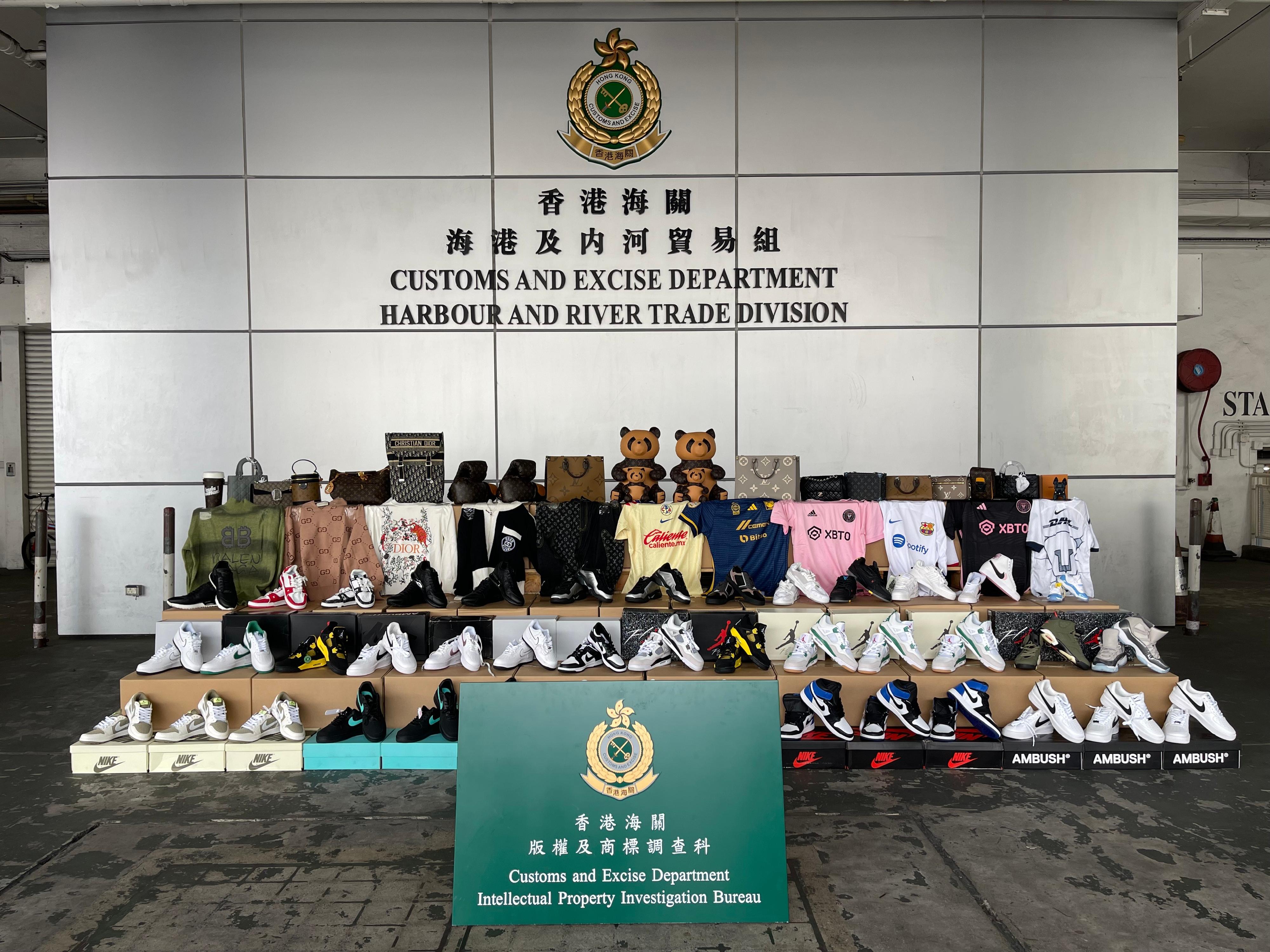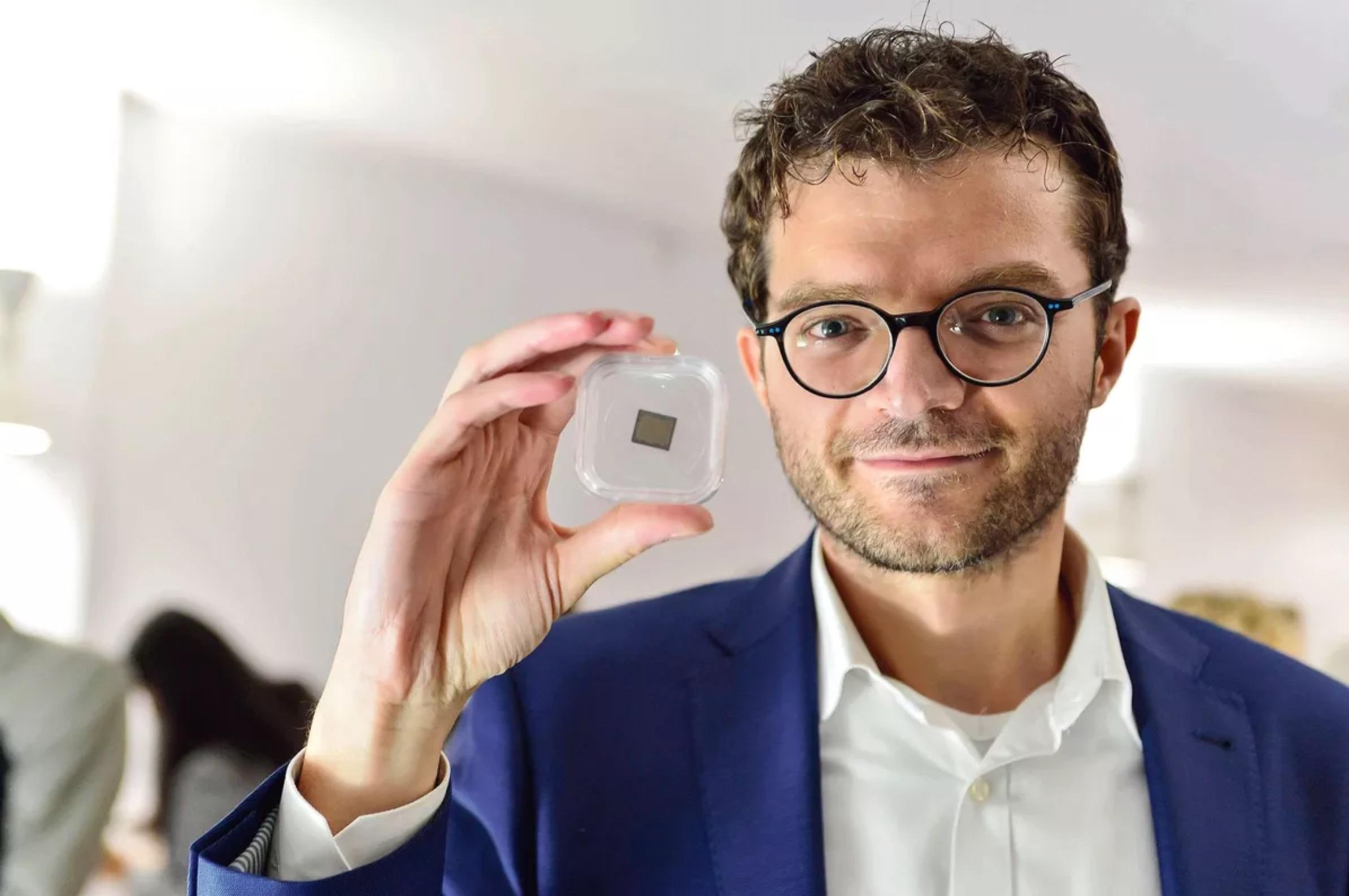Following is the transcript of remarks by the Chief Executive, Mr John Lee, at a media session before the Executive Council meeting today (December 12):
Reporter: Good morning, Mr Lee. Some English questions. Firstly, the District Council Election on Sunday had the lowest election turnout since the handover. Does this low voter turnout mean that the new District Council system has low legitimacy with the public, and how would the Government justify the costs of promoting this District Council Election? The second question, how would the Government plan to overcome voter indifference in the coming elections, and do you believe that this persistent situation would be unhealthy going forward? Thank you.
Chief Executive: We had about 1.2 million voters coming out to vote. I think that was a good turnout. First of all, I think each election has its own characteristics. The enhanced and improved District Council election system has the merits of producing the most qualified and competent District Council members to contribute to the well-being of the districts. There are, of course, people who are still trying to sabotage the election. You can see that both the ICAC (Independent Commission Against Corruption) and the Police have arrested people who dare to contravene the law to in some ways incite people not to come out to vote. There was resistance by people who have been rejected by the system because they are not qualified or they do not subscribe to the same principle, which is ‘patriots administering Hong Kong’. There are still some people who somehow are still immersed in the wrong idea of trying to make the District Councils a political platform for their own political means, achieving their own gains rather than the districts' gains. There are still people who have ideas that represent as if they are agents of a foreign country. These kinds of soft resistance still exist. Some voters haven't come out to vote for different reasons, but obviously, those who tried to sabotage the election still exist and, of course, they will be trying to do anything they can to make the election not successful.
But the turnout of 1.2 million voters has indicated that they supported the election, they supported the principles, and they supported the idea that the new District Councils will be producing good candidates, good District Council members for the overall good of each district. What is most important that I want the society to focus on is what the election will produce. We have already passed the election process. It is important that we focus our attention on the outcome of the election. The outcome means a constructive District Council, rather than what used to be a destructive one. The outcome is District Council members who will be monitored for their performance to ensure that they do well, rather than previously, some District Council members pursued their own political interests, sabotaged the system, and reacted against the governance of the Hong Kong Government or the Central Government. The new District Councils will be the one that is constructive, focusing on livelihood issues, local issues and district matters. The new District Council members will be helping those who live in the districts when they have problems they want to solve. The District Council members will be readily available to give their help. This is what is important. The new monitoring performance system will be announced in regard to the details, and people living in the districts are very welcome to join in the monitoring system, so that all the District Council members will be performing to their best for the interests of the local people.
We did what we need to do to promote the new District Council system, because it is different. I want people to know the big differences of being constructive versus destructive, taking care of people's interests rather than those in the past taking care of their own political interests and sometimes acting as agents of foreign forces. It is also important to tell them the big difference that these District Councils will produce members who will be from different backgrounds, sectors and professions, who will be more representative, more connected to the districts and, of course, more committed to bringing overall good to district residents. This is important because we have now turned over a new leaf. This is going to be what will be good for Hong Kong. That message has to be loud and clear, and received by people of Hong Kong.
(Please also refer to the Chinese portion of the transcript.)

